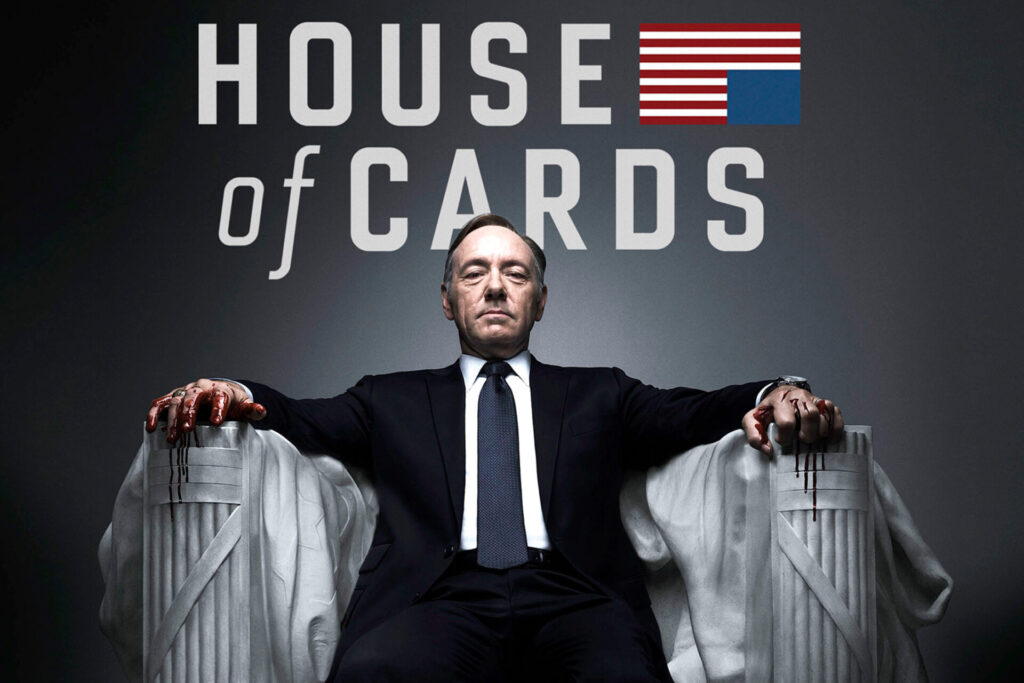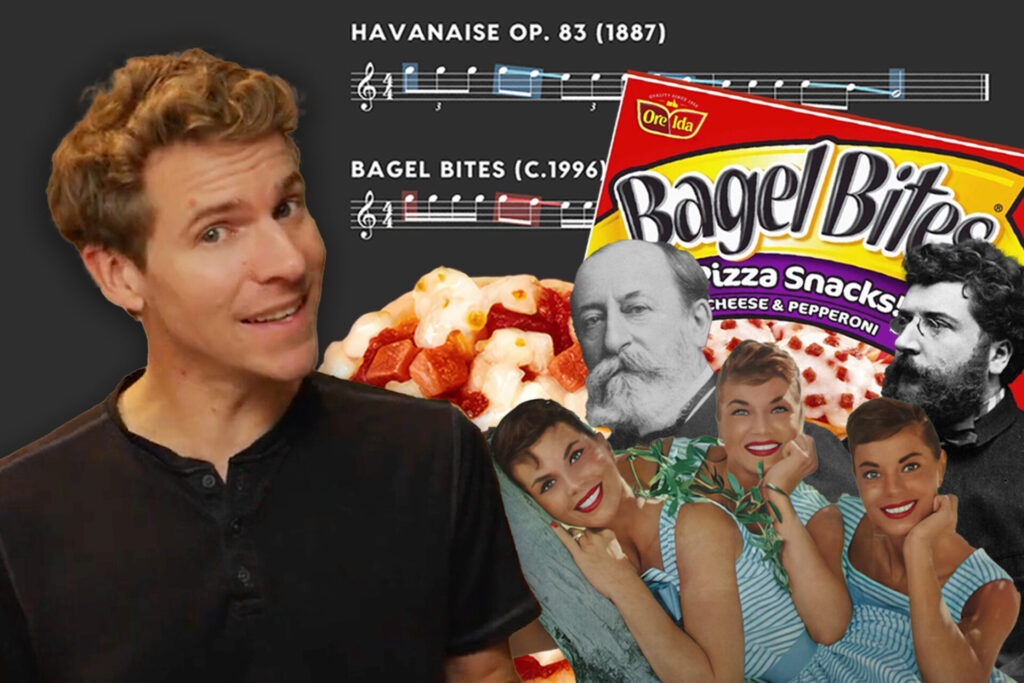
Words you say never seem
To live up to the ones inside your head
The lives we make never seem
To ever get us anywhere but dead.
— Chris Cornell/Soundgarden
Chris Cornell left this Earth too soon. Still, judging by the life he led, he seemed like the sort of legendary artist who belonged to the notorious “27 Club” alongside other troubled musical luminaries like Jimi Hendrix, Janis Joplin, and fellow Seattle grunge-scene founder Kurt Cobain. His full life and accomplishments are great gifts, even though his loss is terrible, tragic, and certainly untimely.
The legacy he left consists of several lifetimes compiled into one, any of which would be the envy of any singular popular musician or rock star. From Soundgarden to Audioslave, from his sometimes reviled (sorry, Timbaland) but always adventurous solo career, to the Seattle supergroup Temple of the Dog, Cornell’s career boasted a massively prolific and ever-evolving repertoire.
(Did you notice? In the above video, guitarist Mike McCready can be seen wearing a T-shirt with Robert Johnson, one of the first members of the “27 Club” on it.)
For my own musical development, I was blessed to discover the music of both Soundgarden and Audioslave simultaneously among a plethora of other ‘90s and early ‘00s alternative rock — like Rage Against the Machine, Red Hot Chili Peppers, Nirvana, and more — just as I began learning to play the bass guitar.
The bass lines I learned from both of Cornell’s foundational rock groups were accessible yet challenging, and they were fun to play loud, which spoke deeply to my pre-teen and early teenage aggression. From the odd time and alternate guitar tunings of “Spoonman” to the raucous riffs of “Show Me How to Live,” these songs served as a rock bass curriculum and foundation.
While I was never a vocalist or, at least in my high school years, a songwriter, something about the depth of Cornell’s lyrical messages and the delivery in his vocal parts spoke to an uncommon depth of understanding of the human condition, like in the forlorn “Fell on Black Days.” His words also suggested a personal relationship with internal conflict that I knew I was far from understanding as a relatively sheltered teen, plowing through early high school amid a suburban, nuclear family existence.
Even as I familiarized myself with teenage existential dread, songs like “Black Hole Sun” illustrated an adult understanding of the world that was simultaneously deeply tragic and worth sticking around to see. In that way, much of this music, and Cornell’s delivery in particular, helped save me from myself.
That music carried me into more complex and difficult areas of musical study until I eventually completed music school and moved to New York City. Not long after arriving, I sought like-minded musicians looking to express themselves with that depth of honesty and conviction of purpose and message. When I came across a Craigslist posting suggesting starting a “Chris Cornell cover band,” I knew I had to jump at the chance. Yet following shortly after that discovery was the immediate doubt to the tune of, “Who the hell thinks they can sing like that?”
Much to my near disbelief and delight, that man (Sean Grimes) had what it took. But would the rest of the group? Sure, this was mainly about the man behind those four-octave vocal acrobatics, but having a singer who could actually pull that sound off, was also a badass guitarist who could handle all those tones and parts, and a drummer who could shred those complex and tight beats… even in New York City, it was a tall order for those stars to align.
And then, you know, me, or whatever.
That band finally came to fruition as Powder Keg, and for almost three years, we had a blast exploring the wide repertoire of Cornell (and a few off-the-cuff grunge favorites from time to time) for enthusiastic NYC audiences, small festivals, and even a tour of Hawaii. Here’s one of Powder Keg’s all-time favorites, now a bit sobering to listen back to, “Like Suicide.”
+ Read more on Flypaper: Pick apart the unique way that Cornell used blue notes in “Spoonman.”
Performing any Chris Cornell song, though especially Soundgarden or Audioslave, is an exercise in blending metal-riff rock chops with pop sensibility and musical aptitude. Sing a catchy but difficult hook, and do it well, but do it while you rock the f*%& out. Same goes for the rest of the band.
Take the song “The Day I Tried to Live,” off Soundgarden’s true breakout album Superunknown. Right from the opening guitar lick, the approach is at once beautifully melodic and memorable and also meditative and spacious — almost a psychedelic approach.
In transitioning to the verse, a tight and punchy “second intro” of just drums and bass sets up the aggressive 7/4 guitar riff that underlies much of the tune (save the two 4/4 bars at the riff’s turnaround). The tones are, through the song, gentle, intense, aggressive, biting, punchy, and soothing. It’s a lot to get right.
The guitar riff itself also offers a degree of harmonic complexity all but absent from radio today, with its heavily chromatic ostinato line. In the chorus, this becomes a “constant structure” sound by adding a major third in the guitars that tracks the very same chromatic line. Suddenly, you have I major, ♭VI major, and IV major — a common but complex modal interchange — all with signature Cornell blues-scale melodies soaring above.
It carries on through the “post-chorus” — or “second-chorus half,” or whatever you want to call the next part (another trademark: intuitive but unconventional forms) — with a V major, ♭VI major, I major, and VI minor chord. This is an emotional roller coaster in harmony alone.
But the vocals, both in their masterful melodicism and impeccable delivery, bring the entire thing home. There’s nothing that required both more energy and nuance simultaneously than those deliveries, and I never walked away from a Powder Keg gig unimpressed with Sean’s ability to deliver. Still, that was true for Neal and his remarkable command of the guitar (and his pedalboard so large and brightly lit that we dubbed it “the Bellagio”) and Mat with his incredible metal drumming chops from the schools of Pantera and Meshuggah, still nailed the nuance of the signature “ride bell,” pervasive in the Soundgarden catalog.
Then, consider that we were attempting to play an entire set of music this deeply nuanced and challenging. To even begin to attempt this was to take ourselves back to school, back to the shed, and rediscover our musicality in all kinds of diverse ways.
If I have learned only one thing from playing in that band, it’s that a lot of people have been deeply, deeply moved in their lives by the words and recordings of Cornell’s art. Cornell’s delivery has always bordered on that of a musical deity — so impassioned by the rawness of personal experience that the purity of expression feels nearly transcendent, beyond what anyone could hope to learn or be taught by anyone.
You just get the sense that the only way to learn to sing, to emote, and to perform like that was to live a life that was as explosive as his. That we had him for as long as we did is, in itself, miraculous for millions of deeply passionate fans across the globe. That we lost him to himself in the end seems the most tragic piece of the tumultuous puzzle of his life.
+ Read more on Flypaper: “Why Singing Is Just as Psychological as It Is Physical”



